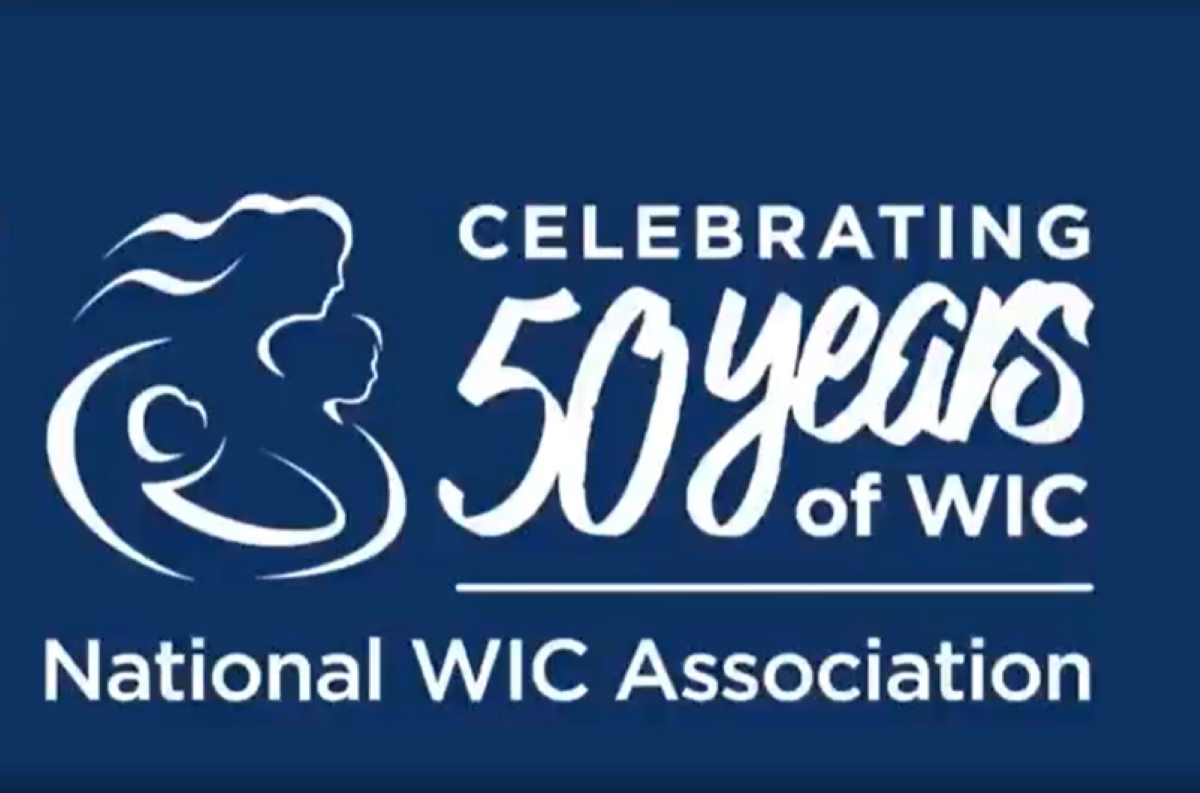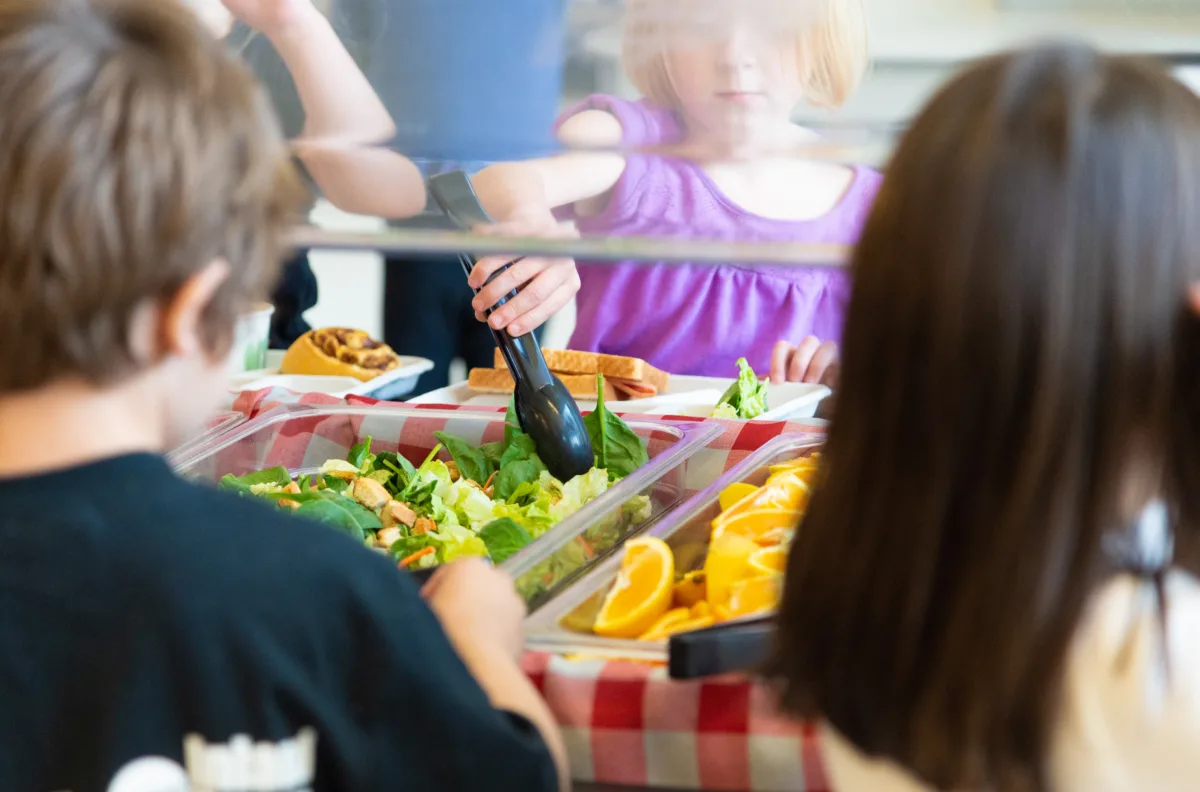Expanding Services through Partnerships
The WIC food package includes foods and beverages that are healthy for pregnant or breast-feeding mothers, and can support a healthy early childhood. But at critical times especially in the early months of the pandemic, people were buying many of these items and sometimes WIC participants could not find what they needed.
St. Joseph’s WIC program guides an increasing number of clients by phone through bureaucratic hurdles and helps direct them to stores that have the food they require. There is always a nutritionist in the office to process walk-ins or if moms are in dire need of something. For instance, if a doctor changes a prescription to a special formula, the WIC nutritionist is there to assist that person immediately.
But clients have additional challenges that are pressing in the pandemic. “The need has definitely increased,” says Uddin. In response, St. Joseph’s developed and expanded partnerships with other community organizations.
As an example, one of the community resources available on NowPow was CUMAC, an anti-hunger and community building organization in Paterson. CUMAC’s Executive Director Mark Dinglasan understands that the COVID-19 crisis makes going to grocery stores harder and less safe for many people. At the same time, more people are in need of extra help to ensure their families have enough healthy food. Mark incorporated this need into the organization’s pandemic relief efforts, and asked Anny if he could help mitigate COVID-19 challenges with new moms.
CUMAC recruited volunteers from the community, including the First Lady of New Jersey Tammy Snyder, to prepare WIC food boxes, which CUMAC delivers (curbside) every two weeks to families enrolled in WIC. The boxes are filled with high quality, shelf stable food tailored for pregnant and nursing mothers. The boxes also include fruits, vegetables, and other supplemental food and are designed to last for 7-10 days.
WIC staff are uniting with CUMAC and other organizations in Paterson, like the Health Coalition of Passaic County (HCPC) and its Director of Clinical and Community Engagement, Dr. David Asiamah, to provide comprehensive services to meet the mounting challenges their clients face. Dr. Asiamah was also the person who headed the Nowpow application introduction and push for service at St. Joseph’s WIC Program, further proving its force and success within the community.


